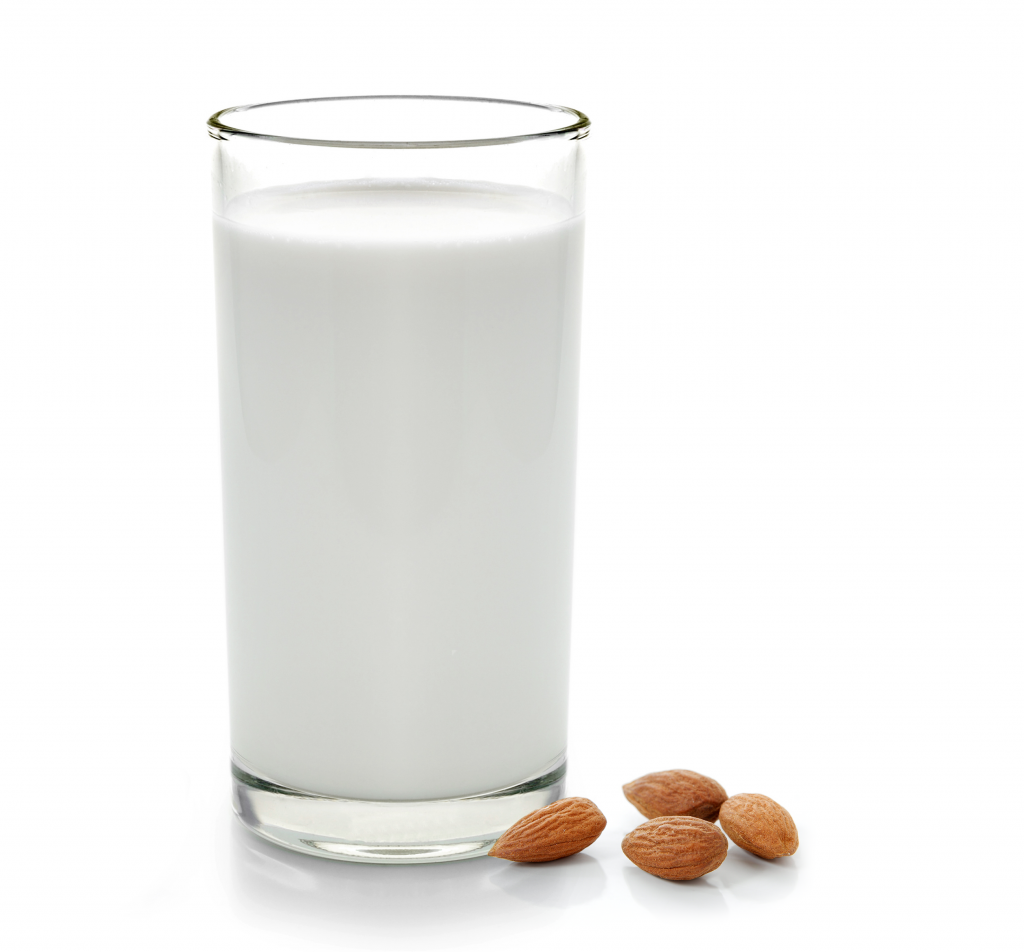 In today’s Washington Post, Michael Jacobson, chief of the food police at the Center for Science in the Public Interest (CSPI), announced his latest effort to force Americans to adopt the joyless way of eating he advocates. He called on Congress to change the nutrition labels on packaged food. Jacobson argued that you’re too stupid to make your own decisions, so the government should reduce all of nutrition to a single score. That way, you will eat what CSPI wants you to eat.
In today’s Washington Post, Michael Jacobson, chief of the food police at the Center for Science in the Public Interest (CSPI), announced his latest effort to force Americans to adopt the joyless way of eating he advocates. He called on Congress to change the nutrition labels on packaged food. Jacobson argued that you’re too stupid to make your own decisions, so the government should reduce all of nutrition to a single score. That way, you will eat what CSPI wants you to eat.
What does CSPI think you should eat? Well, Jacobson said that “a pound of bread, a spud, and a couple of carrots per day”—what peasants ate in the 1600s—was “basically a wonderfully healthy diet.” And maybe after they change the nutrition label, CSPI will call up Kelly Brownell, the 800-pound gorilla of the food taxation movement, and try to enact the tax on “soft drinks, candy, gum, and snack foods” that Jacobson and Brownell first endorsed in 2000.
But while CSPI is quite certain that it knows the optimal human diet, its track record suggests otherwise. In the late 1980s, CSPI led the drive that led to the adoption of cooking oils with trans fats in restaurants. In response to concerns that trans fats were bad, CSPI reported, “All told, the charges against trans fat just don’t stand up. And by extension, hydrogenated oils seem relatively innocent.” By the mid-2000s, CSPI had changed its tune, suing restaurants for using trans fats for causing disease.
CSPI was also on the wrong side of the truth on saccharin, an artificial sweetener. CSPI objected when the National Toxicology Program took saccharin off the list of possible carcinogens. Now, even the Environmental Protection Agency has come around and acknowledged that saccharin isn’t “a potential hazard to human health.”
So, if you had followed CSPI’s score system in the 1990s, your trans fats would have gotten an thumbs up and your zero-calorie sweeteners would have gotten a thumbs down. On that record, we think we know who we don’t want making any new food labeling scores.




